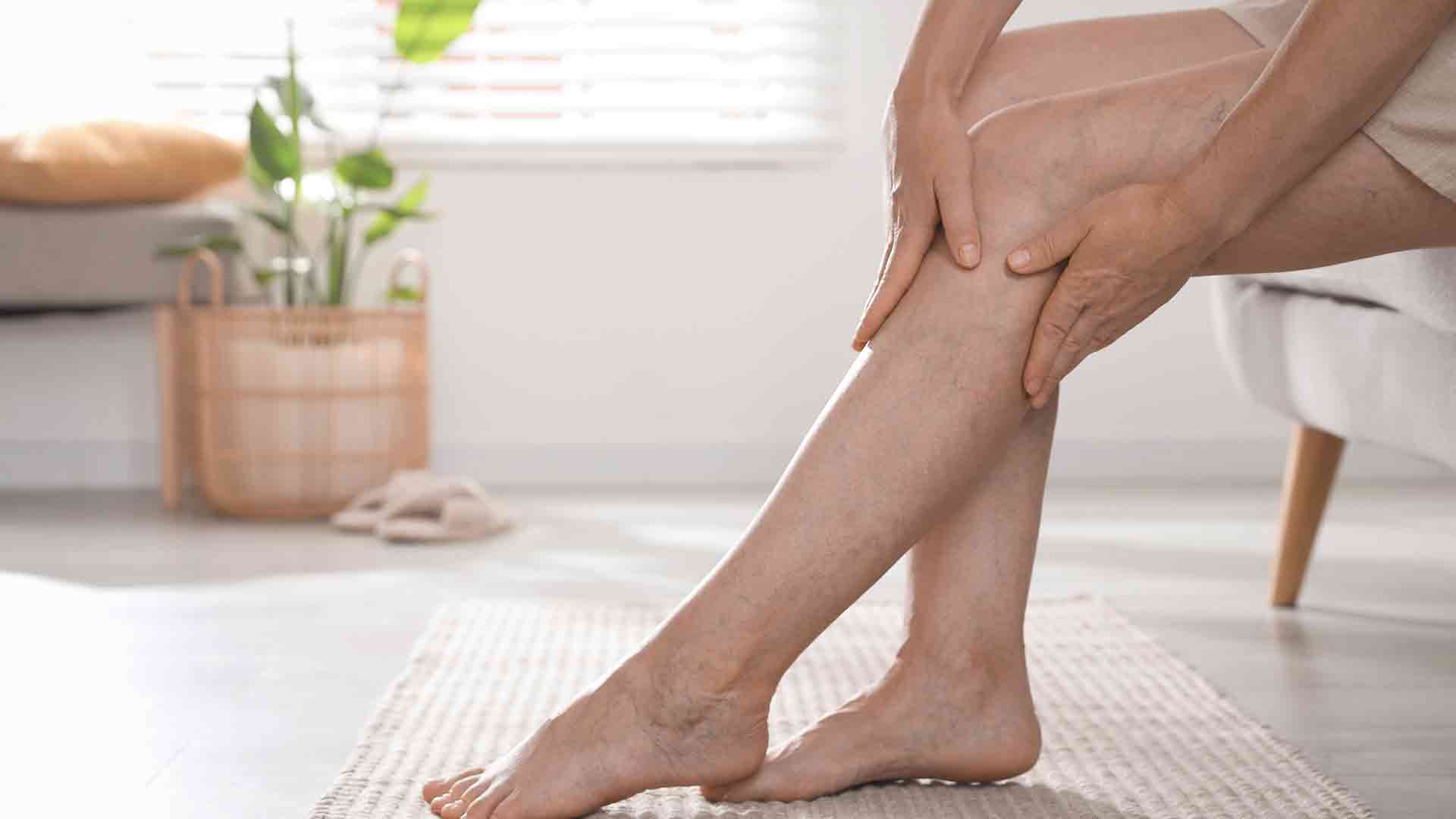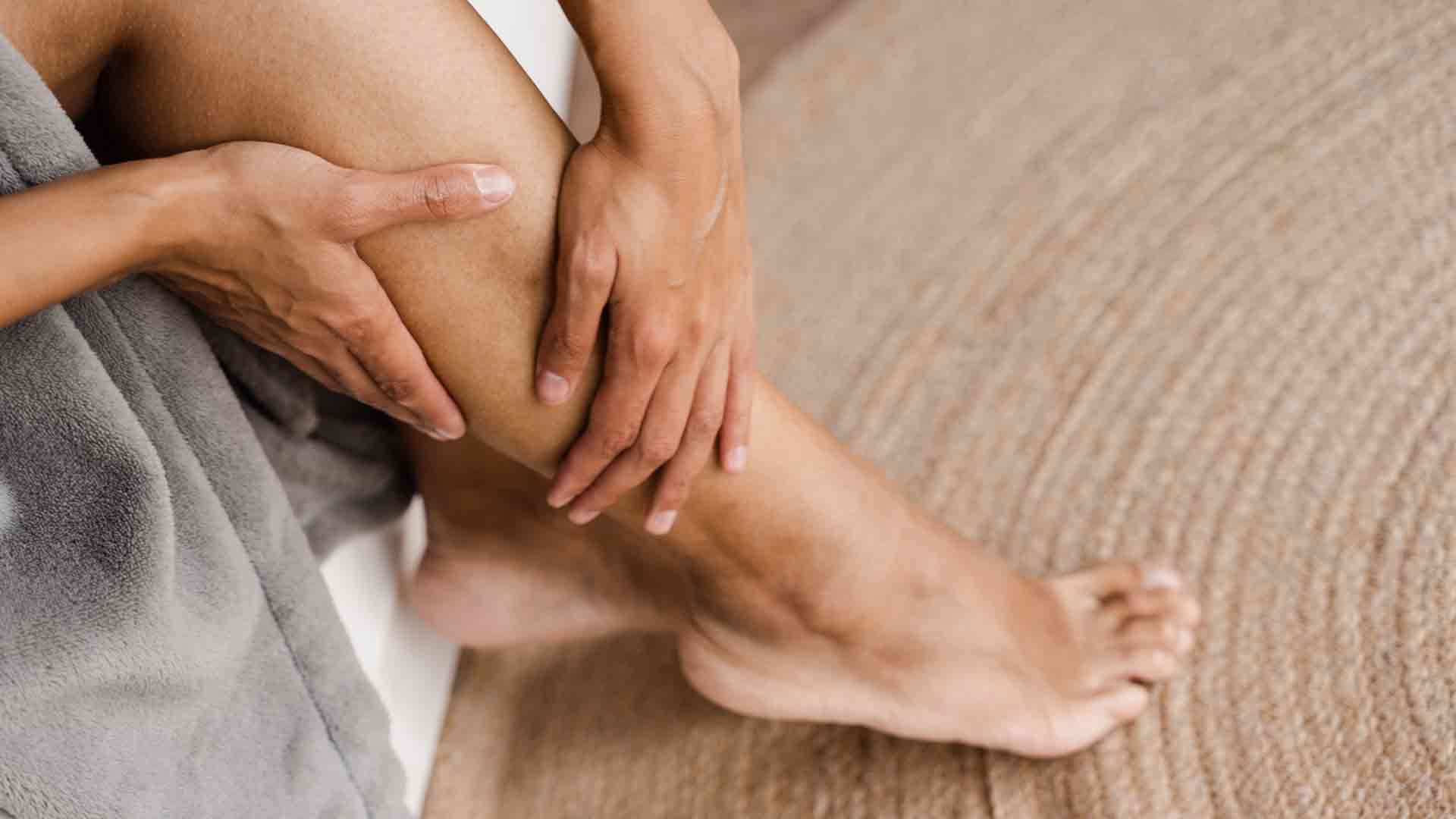What Does a Vein Doctor Do?
Vein doctors, also known as phlebologists, specialize in diagnosing and treating disorders of the veins. Their expertise includes a variety of conditions, from cosmetic issues like varicose and spider veins to more serious problems like deep vein thrombosis (DVT) and chronic venous insufficiency (CVI). Some vein doctors are also vascular surgeons, offering surgical treatments for advanced vein conditions.
Types of Vein Doctors
- Phlebologists: Focus on non-invasive treatments for vein issues.
- Vascular Surgeons: Specialize in surgical interventions for more complex vein problems.
- Interventional Radiologists: Use imaging techniques to treat vein disorders with minimal incisions.
Vein doctors offer a range of treatments, from lifestyle advice and compression stockings to minimally invasive procedures like sclerotherapy, laser treatments, and radiofrequency ablation.
Signs You Need to See a Vein Doctor
Recognizing the signs of vein problems early is essential for effective treatment. Here are some common symptoms that may indicate the need for a visit to a vein doctor:
- Visible veins: Bulging or discolored veins on your legs, especially varicose veins or spider veins.
- Swelling: Swollen legs, ankles, or feet.
- Pain or heaviness: A feeling of heaviness, aching, or discomfort in your legs, particularly after standing for long periods.
- Leg cramps: Unexplained muscle cramps, particularly at night.
- Skin changes: Discoloration or ulcers around the ankle or lower leg.
If you’re experiencing any of these symptoms, it’s best to schedule an appointment with a vein doctor to prevent the condition from worsening.
How to Find the Best Vein Doctor Near You
Finding the best vein doctor near you is an important step in addressing your vein health. Here are some practical tips for starting your search:
1. Start with Online Research
The internet is a great place to begin your search. Many vein doctors have websites and patient reviews that can give you insight into their qualifications, treatment offerings, and patient satisfaction.
2. Ask for Recommendations
Word of mouth can be invaluable when choosing a doctor. Ask friends, family, or other healthcare providers for recommendations. They might know reputable vein specialists in your area.
3. Check Professional Credentials
Make sure the vein doctor you’re considering is board-certified and has the necessary experience in treating vein conditions. Look for certifications from reputable organizations like the American College of Phlebology or the American Board of Vascular Surgery.
Factors to Consider When Choosing a Vein Doctor
Once you’ve found a few potential vein doctors, consider the following factors before making your decision:
1. Experience and Specialization
A doctor with more experience in vein treatments will likely be able to offer better results. Additionally, make sure they specialize in vein care rather than just offering it as one of many services.
2. Clinic Reputation
Check the clinic’s reputation. A well-established clinic with positive reviews will likely provide better care and service.
3. Treatment Options
Make sure the doctor offers the latest, most effective treatments. Modern treatments like endovenous laser therapy (EVLT) and radiofrequency ablation (RFA) tend to offer faster recovery times and better results than older methods.
Questions to Ask Your Vein Doctor During a Consultation
When you meet with a vein doctor, it’s important to ask the right questions to ensure you’re comfortable with their approach and treatment options. Some helpful questions include:
- What are the treatment options available?
- What are the risks associated with the treatments?
- How long is recovery, and what can I expect post-treatment?
- How many similar procedures have you performed?
- Are there any lifestyle changes I should make to improve my vein health?
These questions can help you get a clear picture of what to expect and help you make an informed decision.
Top Methods Used by Vein Doctors
Vein doctors offer various treatment options depending on the severity of your condition. Here are some of the most common methods:
1. Sclerotherapy
This involves injecting a solution into the affected veins, causing them to collapse and fade away over time. It’s commonly used for smaller veins like spider veins.
2. Endovenous Laser Treatment (EVLT)
EVLT is a minimally invasive procedure that uses laser energy to close off varicose veins. It’s highly effective and requires little recovery time.
3. Radiofrequency Ablation (RFA)
RFA uses heat to close off problematic veins. It’s a less invasive alternative to traditional surgery and has a high success rate.
4. Phlebectomy
This procedure involves removing large varicose veins through tiny incisions. It’s usually performed when other treatments are not effective.
How Much Does It Cost to See a Vein Doctor?
The cost of seeing a vein doctor varies based on your location, the doctor’s expertise, and the type of treatment required. On average, consultations may range from $100 to $300. Treatment costs can vary widely, with sclerotherapy costing around $300 to $500 per session and more complex procedures like EVLT costing upwards of $2,000.
It’s essential to check if your insurance covers vein treatments, as many procedures for vein disease may be considered medically necessary and covered under health plans.
How to Prepare for Your Visit
Before your consultation, it’s a good idea to:
- Prepare a list of symptoms: Be ready to describe any symptoms you’ve been experiencing, including pain, swelling, or visible veins.
- Bring medical records: If you’ve had any previous vein treatments or relevant health issues, bring this information with you.
- Ask about insurance coverage: Check with your insurance provider to understand your coverage options for vein treatments.
Patient Reviews and Testimonials: What They Tell You
Reading patient reviews can provide valuable insights into a vein doctor’s skills and patient care. Look for reviews on trusted websites like Google, Healthgrades, or Yelp. Pay attention to feedback on the doctor’s bedside manner, their ability to explain treatments clearly, and the success rate of their procedures.
Conclusion
Finding the best vein doctor for your health is crucial to ensuring effective treatment and long-term well-being. By researching your options, considering key factors like experience, reputation, and treatment methods, you can make an informed choice that will help you achieve the best possible results.
Don’t wait for vein problems to worsen—early intervention can prevent complications and improve your overall vein health. If you’re experiencing any symptoms like swelling, pain, or visible veins, now is the time to act. Consult with a trusted vein specialist and take the first step toward feeling better and living a more comfortable, confident life.


